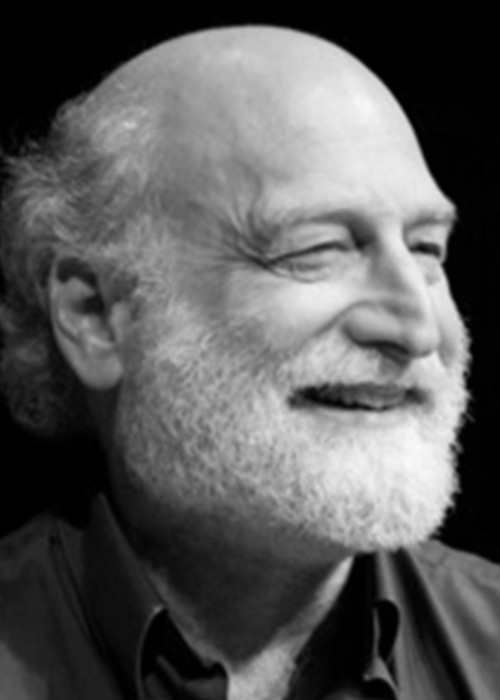Phillip Cushman, Ph.D.
Psychotherapist and core faculty member of Antioch University Seattle and California School of Professional Psychology
American Psychological Association Division 24 Society for Theoretical and Philosophical Psychology
Psychologists for Social Responsibility
Vashon Island, WA
Philip Cushman had a most unusual preparation for a psychology career. After graduating from UCLA in English, his first graduate school was a graduate Rabbinic Seminary (he left before graduating) and his second was a Folklore and Mythology program (which he also left). He earned a masters degree in American Studies (history concentration), a masters degree in Family Therapy, and finally the Ph.D. in Psychology. It was (to quote Paul McCartney) a long and winding road, hard on the pocket book but most rewarding for its breath and depth of interdisciplinary knowledge. He has drawn from those many sources in order to write, teach, and conduct therapy in unusual but meaningful ways. From his first American Psychologist article (“Why the Self is Empty is Empty: Toward a Historically Situated Psychology”) to his most recent article (“Two Worlds or One? Politics Inside and Outside the Consulting Room”) to his most recent book (Travels With the Self: Interpreting Psychology as Cultural History), Dr. Cushman has developed a distinctive orientation and research focus influenced by the late critical social psychologist Edward E. Sampson and 20th Century hermeneuticists Martin Heidegger, Hans-Georg Gadamer, and Charles Guignon, an intersection of orientations these days rarely found in psychology.
His approach to teaching doctoral students was always infused with that interdisciplinary spirit. He challenged students to first learn well and then critique their most cherished theories, because psychology theories are sociohistorical artifacts that unintentionally but inevitably have political consequences. It is an approach informed by the hermeneuticist Gadamer and by relational theory.
Dr. Cushman’s approach to the theory and practice of psychotherapy has featured the same sort of interdisciplinarity; it is anchored in psychodynamic relational theory and hermeneutic philosophy, framed in a historical consciousness, and deeply influenced by Judaic and especially midrashic values. Both his first book (Constructing the Self, Constructing America: A Cultural History of Psychotherapy) and his last (Travels With the Self) demonstrate the uses of hermeneutics in psychotherapy.
However, the most important aspects of his life related not simply to his professional work but even more to his marriage, family life, and dear friends. Philip and Karen found one another and married in 1969, a most unlikely couple, and in 1973 they were graced with the world’s greatest daughter, Leah Corrina, a professional book seller and librarian. The love and encouragement he received from the two of them, his brother Edward and his family, his cherished colleagues, and his many dear friends and former students meant everything to him. Karen has now published ten historical novels for young teens; her books won many awards, including the Newbury Medal, and two have been made into feature films. In truth she is the real author in the family. And the love of his life.

Phillip Cushman, Ph.D. Resources and Links
- Why the self is empty: Toward a historically situated psychology
- A burning world, an absent God: Midrash, hermeneutics, and relational psychoanalysis
- Empathy ⎯ What one hand giveth the other taketh away
- Constructing the self, constructing America: A cultural history of psychotherapy
- Travels with the Self: Interpreting psychology as cultural history
